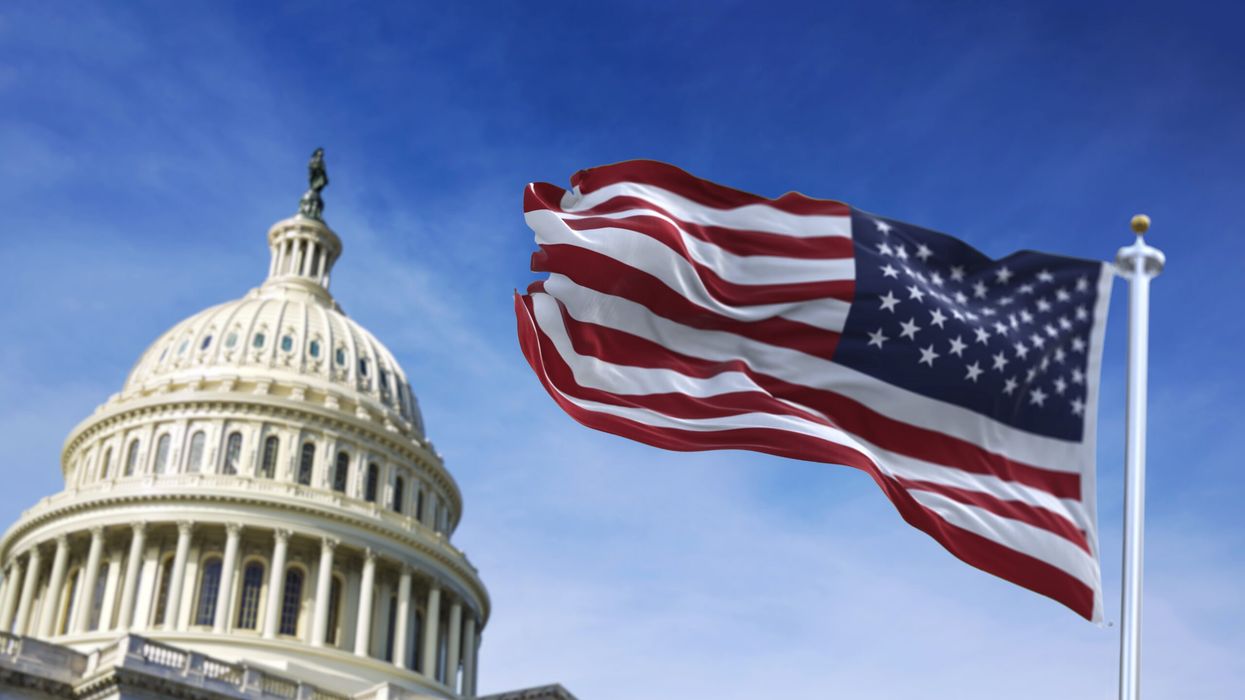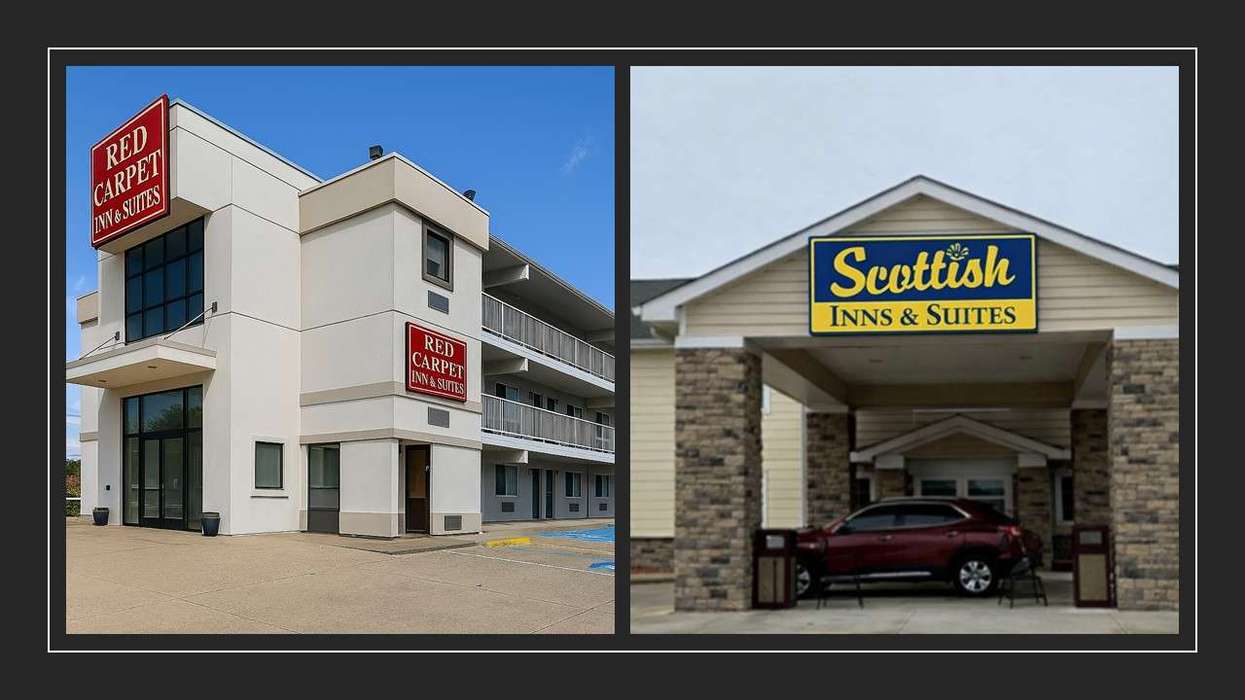Senate Committee Approves Hotel Fees Transparency Act 2025 for Fairer Pricing
THE SENATE COMMITTEE on Commerce, Science and Transportation recently approved the Hotel Fees Transparency Act, requiring hotels and short-term rentals to disclose total booking costs up front. Industry groups like AAHOA and the American Hotel & Lodging Association support the bill, which now heads to the full Senate.
The bill by Sens. Amy Klobuchar (D-Minnesota) and Jerry Moran (R-Kansas) improves booking transparency for travelers, AAHOA said in a statement.
"Transparency is key to building guest trust and ensuring a level playing field across the lodging industry," said Miraj Patel, AAHOA chairman. "AAHOA members support policies that promote fairness and help consumers make informed decisions. We appreciate the bipartisan leadership of Senators Klobuchar and Moran in advancing this important bill."
Klobuchar said hidden fees make travel more expensive and hinder price comparisons. “Our bipartisan bill increases transparency, bans hidden fees, and lowers costs,” he said.
Hotel pricing transparency varies by state, leading to inconsistent booking information. This frustrates consumers facing unexpected fees at check-in and travel platforms handling reservations. Senators Shelley Moore Capito (R-West Virginia) and Catherine Cortez Masto (D-Nevada) co-sponsored the act.
Laura Lee Blake, AAHOA president and CEO, said committee approval is key to eliminating hidden fee confusion and increasing transparency.
"High prices are forcing Kansans to account for all their expenses, and many cannot afford hidden fees at hotels or short-term lodging," said Moran. "This commonsense legislation requires hotels to disclose all fees up front so consumers aren’t hit with unexpected costs.
Some states are addressing pricing transparency. California enacted two laws last year requiring upfront junk fee disclosure, including Senate Bill 478, which took effect July 1. California Governor Gavin Newsom signed Assembly Bill 537 last year, requiring hotels to disclose resort, cleaning, and service fees with room rates.
States have proposed more than 20 pricing transparency bills, some industry-wide and others focused on hospitality. With states taking varied approaches, a national law remains crucial. The HFTA awaits a full Senate review, but the timeline is unclear.
In December, the Federal Trade Commission finalized the rule requiring industries, including hotels, to disclose all fees upfront, banning hidden resort fees from advertised rates.
AAHOA said it is working with lawmakers to advance the bill and supports efforts to boost transparency and consumer confidence in hospitality.






